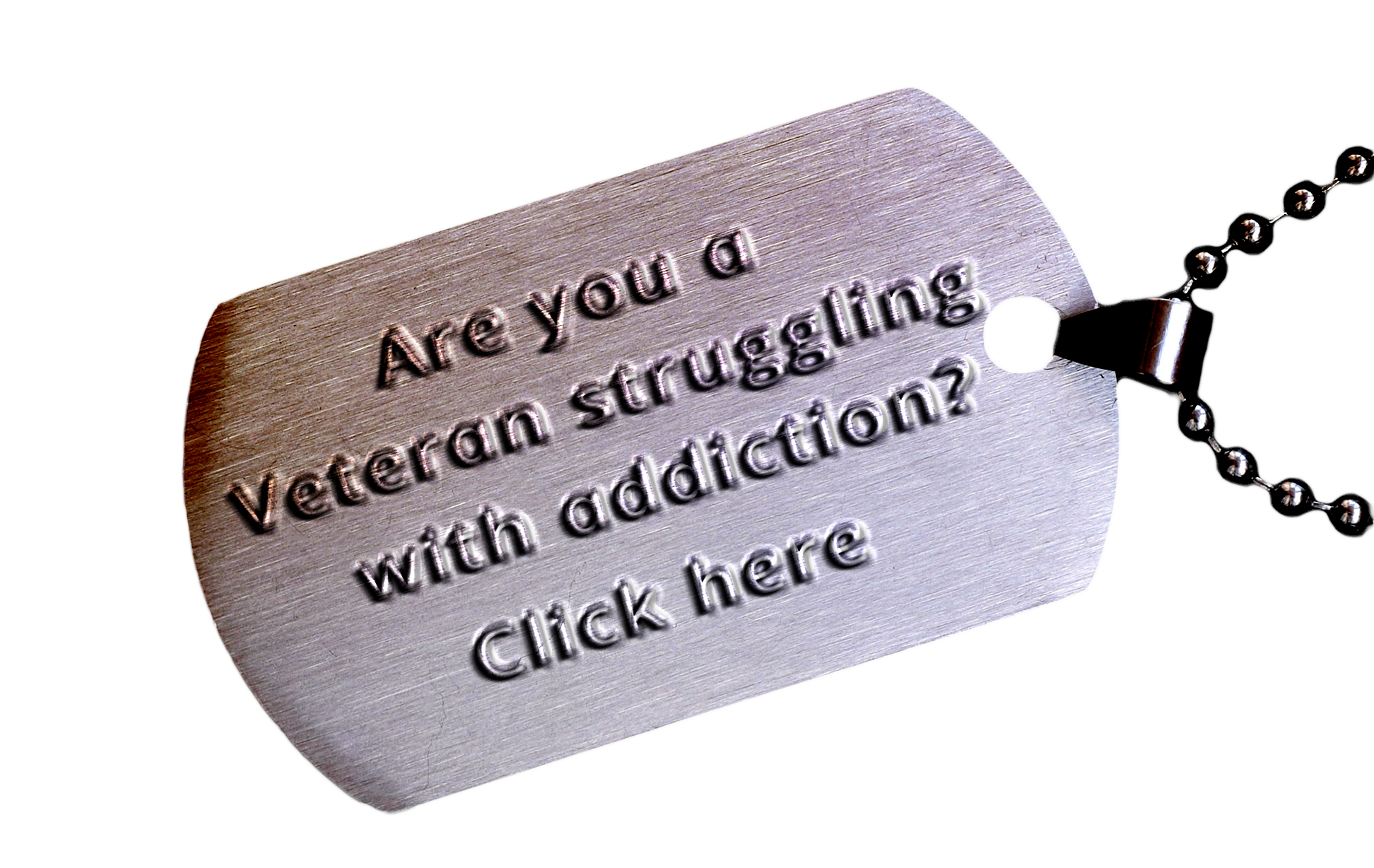Alcohol is by far the most commonly used substance, with over 60% of adult Americans consuming it on a regular basis as well as a growing number people realizing they have a problem and need an alcohol addiction treatment program in order to curb their habits and avoid long term health complications.
As it's legal, you can see alcohol in nearly every grocery store, gas station, and restaurant, which makes it not only easy to get but also to develop an alcohol use disorder.
In 2018, almost 15 million Americans were reported to be engaged in binge drinking and heavy drinking, ultimately showing signs of alcohol abuse.
Apart from increased alcohol consumption, cocaine is also abused by numerous people in the US. Statistics show that about 1.3 million Americans struggle with cocaine addiction.
While both cocaine and alcohol are highly addictive substances on their own, many people tend to mix them together, which causes an increased risk of health problems and various negative consequences.
Read on and learn about the effects of those two substances, and find out what happens when you mix cocaine and alcohol together.
The Effects of Alcohol
Around 20% of alcohol is absorbed through the stomach, and most of the remaining alcohol is absorbed by the small intestine.
The large part of this substance is also eliminated by the lungs, kidneys, and skin, as well as the liver.
Alcohol induces feelings of euphoria and numbness. The most common effects of using alcohol include:
Mixing Cocaine and Alcohol - Effects
Apart from that, people who struggle with cocaine abuse often combine those two drugs to balance their effects, which is a form of polydrug abuse.
The depressant substance that is alcohol, may reduce cocaine's negative effects like twitching or anxiety. On the other hand, a person who drinks too much alcohol may take cocaine to increase their energy levels.
No matter the reason, mixing cocaine and alcohol is a very dangerous practice that can lead to an increased risk of chronic health issues.
One of the most serious problems with combining cocaine and alcohol happens when the two drugs are metabolized through the liver.
This body organ produces a chemical called Cocaethylene, which can build up in the body and put stress on major organ systems, especially the cardiovascular system, as well as lead to liver damage.
Cocaethylene toxicity temporarily elevates the euphoric effects associated with both cocaine and alcohol use, but it also increases blood pressure, risky behavior, and violent thoughts. It builds up toxic levels in the liver, which can even lead to sudden death.
Negative effects of Cocaethylene production include:
Long-Term Health Damage Caused by Alcohol-Cocaine Combination
A study conducted by Brown University found that mixing cocaine and alcohol has negative effects on mental health and increases the risk of suicide.
Among 874 people who were admitted to the emergency room for substance abuse, those who combined alcohol and cocaine were most likely to have suicidal thoughts and attempt suicide within one year after treatment.
Out of the study population, 195 individuals attempted suicide at least once;
- 298 struggled with alcohol addiction;
- 74 struggled with cocaine abuse;
- 41 abused both cocaine and alcohol.
It was found that those 41 individuals were 2.4 times more likely to attempt suicide compared to other participants of the study.
In another study conducted by Columbia University Medical Center, scientists looked at rats that could press a cocaine-delivering lever to get as much drug as they needed. While some of the rats were sober beforehand, others had been given alcohol for 10 days before commencing the cocaine experiment.
The rats who had been given alcohol quickly demonstrated signs of addiction and demanded more cocaine than the sober rats. For example, while the sober rats pushed the lever 18 times, the ones that had been given alcohol pressed it 58 times.
The results of the study are believed by scientists to be evidence that alcohol is a gateway drug.
Treatment for Alcohol and Cocaine Use Disorder
There are many treatment options available to help you learn how to stop using cocaine & drinking alcohol, including support groups and specifically designed rehab programs that involve consultations with addiction specialists and individual psychotherapy classes.
With the right amount of professional help and support, there is a high chance of beating the troubles associated with alcohol and drug use quickly and effectively.
Mixing Cocaine and Alcohol FAQs
The Bottom Line
While using both substances alone is a dangerous practice, mixing them together can cause a higher risk of adverse reactions and may bring considerable damage, such as serious heart-related health issues or mental health problems.
Getting professional treatment from a program like the one we offer at our Thailand rehab centre in Phuket, Thailand is the only effective way to overcome addiction. If you or a loved one are struggling with alcohol and drug abuse, seeking medical help, support and guidance is crucial to start the recovery journey towards your new, addiction-free life.





